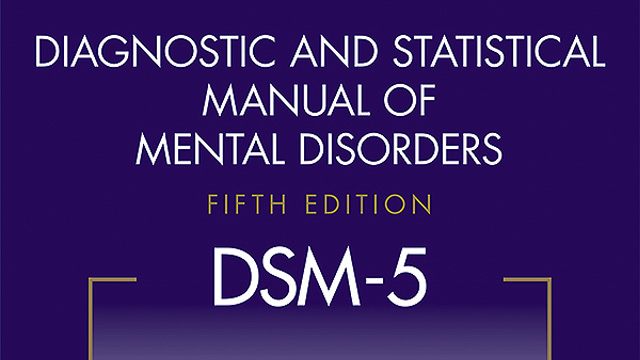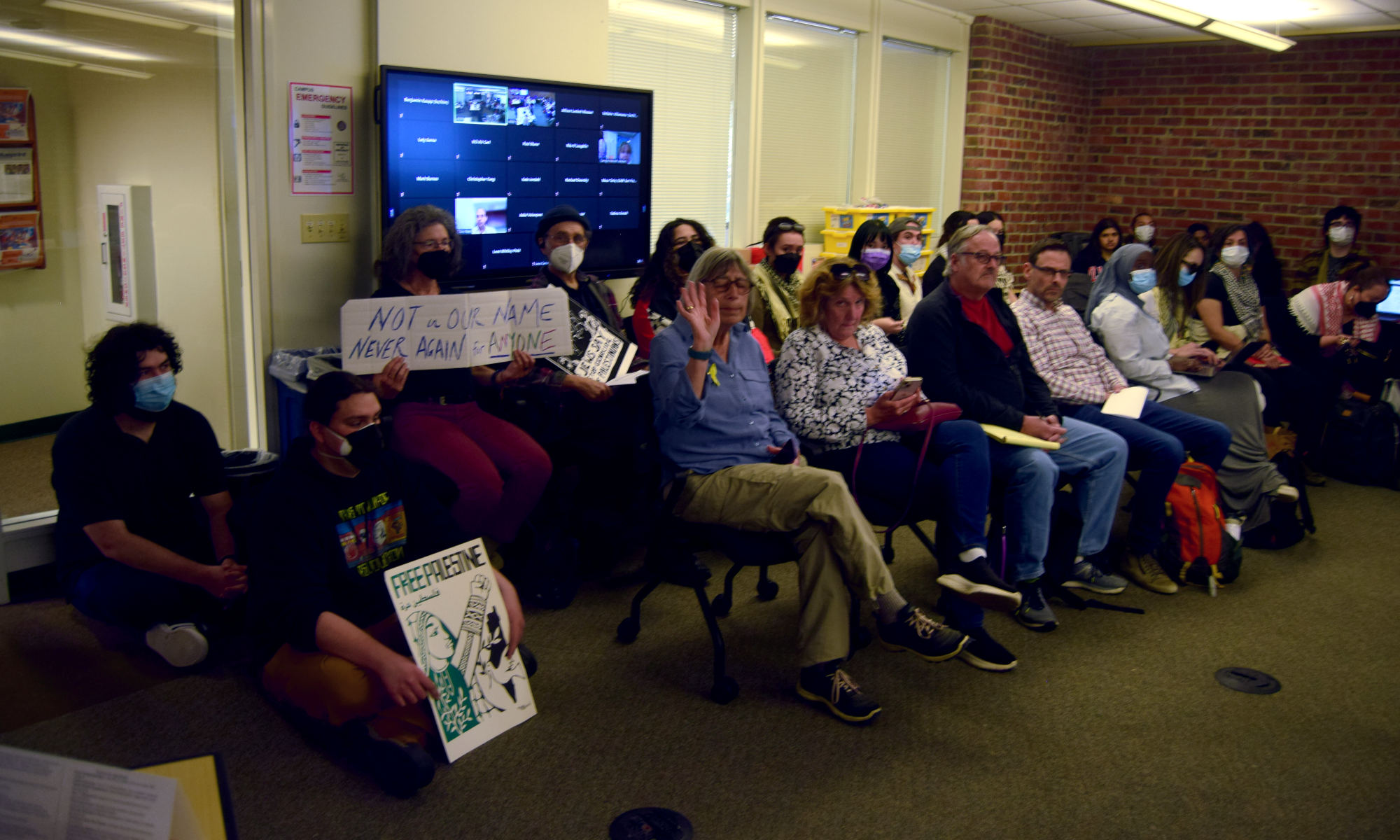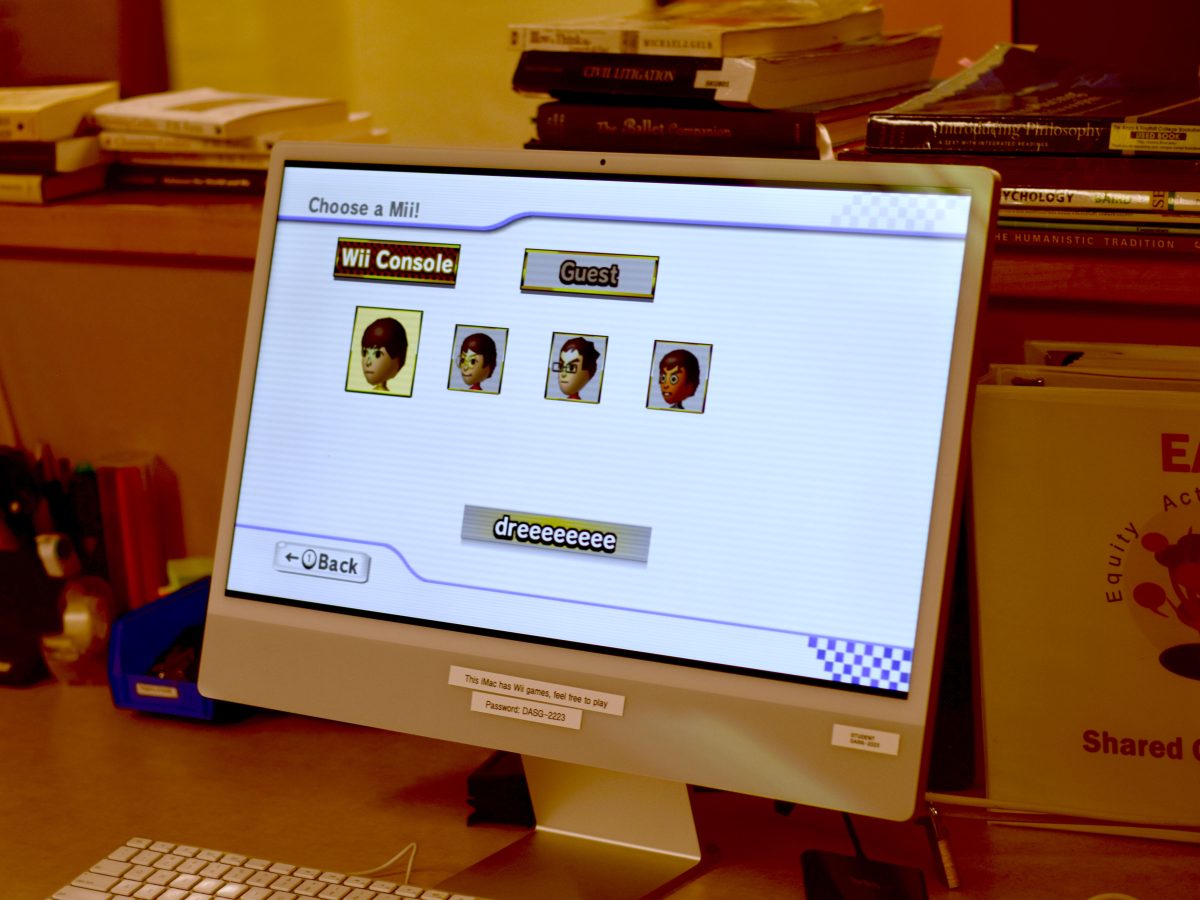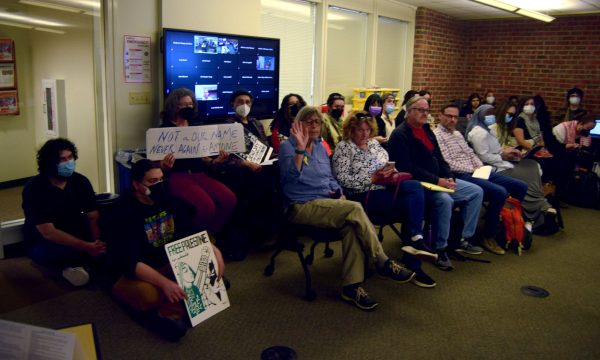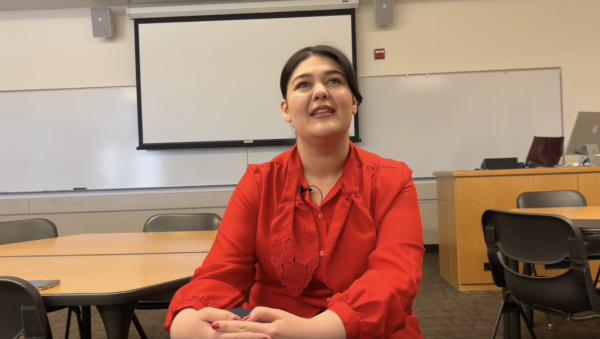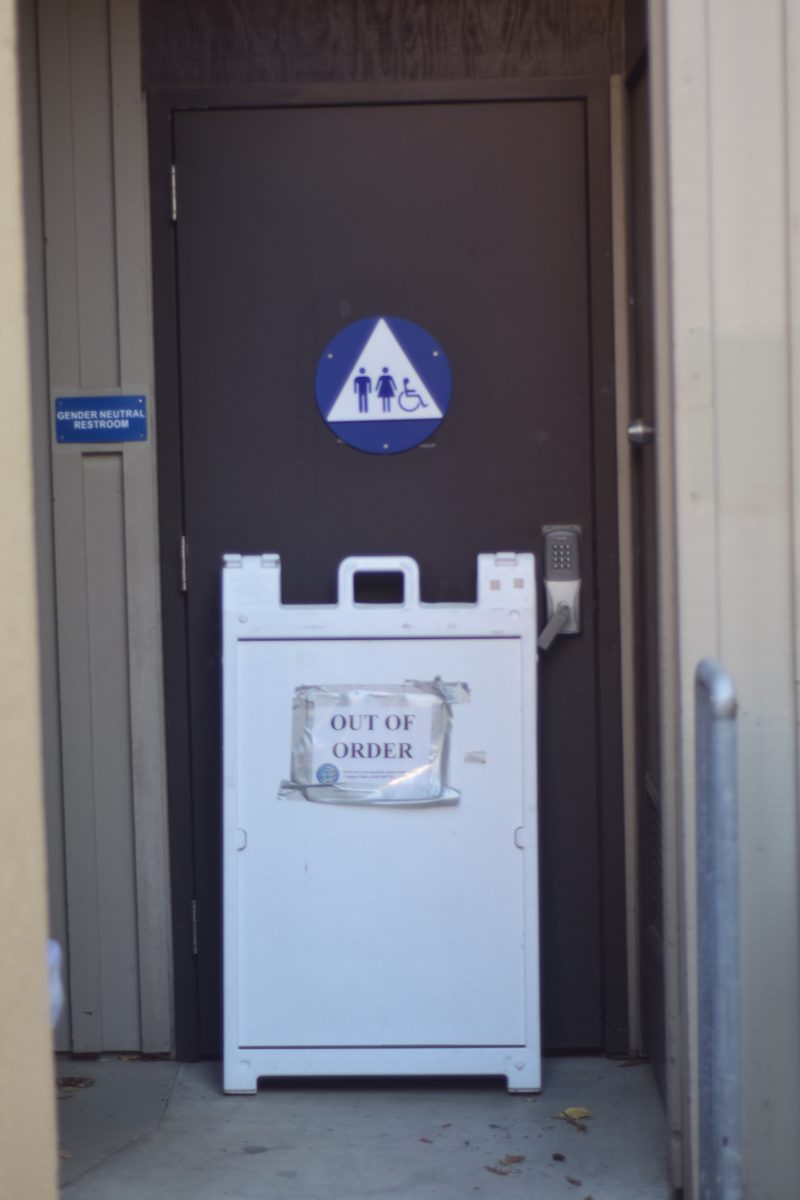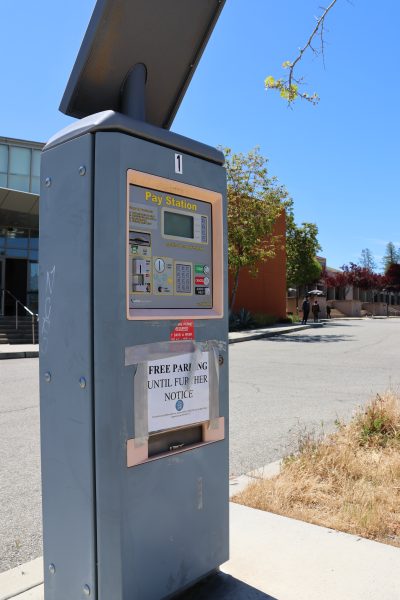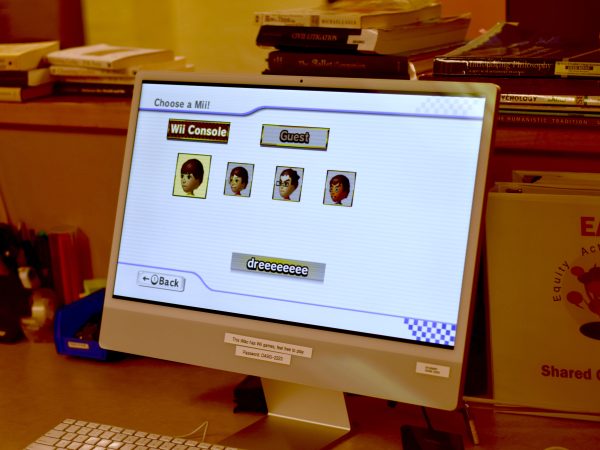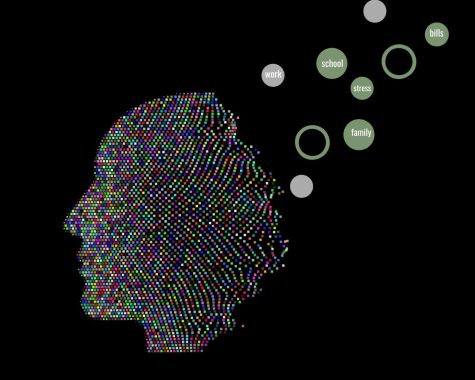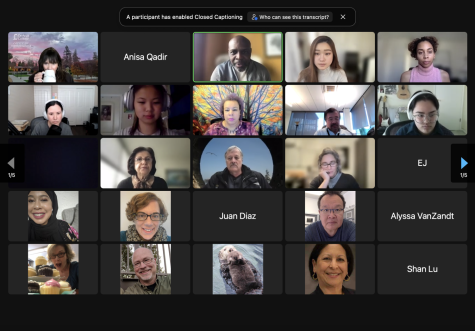Oppositional Defiance Disorder
Negativity now considered a mental illness
January 23, 2015
My older brother is constantly negative, has a healthy distrust of authority and absolutely loves arguing about everything.
We all know someone who holds those personality traits, yet we never consider them anything but occasionally annoying, but after a new addition to the “Diagnostic and Statistical Manual of Mental Disorders” those traits are now considered signs of mental illness.
Negativity, distrust of authority, defiance, argumentativeness, and annoyance are now symptoms of a new mental disease called ODD, oppositional defiance disorder, according to the fifth edition of “Diagnostic and Statistical Manual of Mental Disorders.”
This newly invented mental illness basically means that those who think differently and oppose common belief can be easily categorized as mentally ill.
This is a huge game changer, especially in the political world, because accusations of mental illness can damage a person’s credibility.
According to the disability rights of California, police officers or mental health professionals are able to take a person into custody under a 72-hour psych hold if they believe that, due to mental illness, the person could be dangerous. Once in the mental facility, it is up to the professional to decide whether or not to release the patient.
A person who chooses to question or defy the government, either rightfully or not, could easily be locked up in a mental facility due to this new definition.
This loose definition of mental illness would have categorized brilliant minds such as Thomas Edison and Vincent Van Gogh as mentally ill, as they both portrayed traits of ODD, according to Natural News.
Medicating those who hold different opinions or points of view will not only result in a world with no diversity, but would also be an blatant violation of America’s first amendment free speech rights.
Such violations were common in the 1970s and 1980s when the Soviet Union loosely categorized mental illnesses in order to control the common people. In 2002, an investigative commission of psychiatrists researched the records of five prison psychiatric hospitals in Russia from 1994 to 1995 and found approximately 2000 cases in these hospitals alone, according to Oxford Journals in reference to political prisoners.
Authority has defined questioning authority as a symptom of mental illness. It is easier to categorize someone as sick when they stray out of the strict and limiting box of so-called normalcy.
Although my brother is constantly negative, has a healthy distrust in authority, and absolutely loves arguing about everything, he is also open-minded, creative, opinionated, and capable of thinking outside of the box.
And it is absolutely ridiculous to categorize anyone like him as mentally ill not only because they simply are not, but also because those who look at the world a bit differently could be brilliant minds who will discover the next great thing of our generation.



